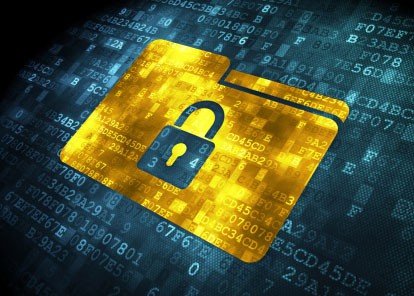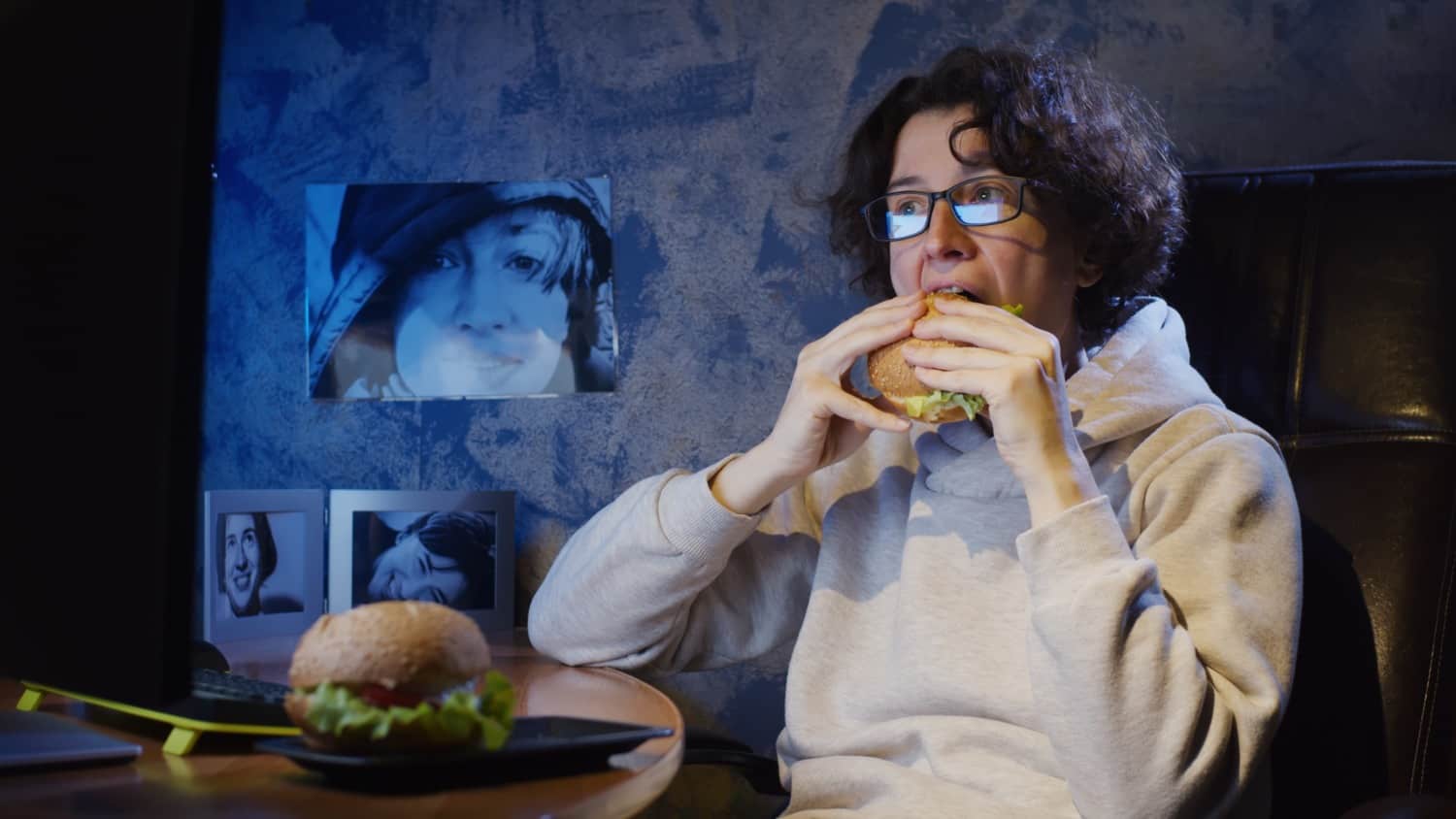
Are you Ready for Your Digital Afterlife?
Are you prepared for your digital afterlife? It’s a more important question than you might think. End of life planning used to be all about “things”. The most important decisions that we needed to make were how to organize our funeral, what to do with our assets and how to prevent legal issues after our passing.
Today, much of our life is spent online and, as a result, some of our most important assets are digital. Our photos are digital, our social connections are maintained through Facebook and our email accounts maintain a written record of our lives “in the cloud”. So, this raises an important question: what happens to our online “self” after we die?
If this still seems like a trivial question, think about the following scenarios. What would you like to have happen to your Facebook account after you die? Would it give your family comfort to be able to see a record of your life online? Or, would this cause them emotional pain? Would you like your family to be able to access your email accounts?
All of us have secrets. Would you be prepared for your family to know all of yours? If so, who should have access? What about your digital pictures? Would you like your family to have access to them?
How Will Companies Deal with Your Digital Afterlife?
It might surprise you to know that not all companies handle this process the same way. Facebook recently added an option for family members to request the creation of a “memorial page” from your personal Facebook page.
Some email providers routinely grant access to the accounts of deceased family members, while others make the process extremely difficult. It’s best to be prepared. Even taking the simple step of preparing a list of accounts and passwords that you want your family to have can reduce a great deal of stress.
Here are a few reasons that you should start thinking about your digital afterlife – and several services that can help to manage the process.
Reduce Stress for Your Loved Ones
Losing a family member or close friend is emotionally draining on so many levels. As a result, anything that we can do to simplify the process of managing our “after life” affairs before we pass away is valuable. Planning for your digital afterlife makes your family’s life easier. For example, there are plenty of legitimate reasons that your family members might need to have access to your email accounts after you pass away. Making your wishes known and providing access details can simplify this process and allow your loved ones to focus on celebrating your life.
Manage Your Legacy
Planning for your digital afterlife gives you the opportunity to say your last words on your own terms. For example, you might write instructions in your will that a certain message should be posted to Facebook and your other social media accounts if you pass away. Is there a final message that you would like to give the world? Are there photos that you would like to share with your friends? Planning for your digital afterlife can give you peace of mind that, no matter what happens, your loved ones will know how you feel.
Prevent Vandalism
Too often, after a person dies, their Facebook page becomes a “vandalized, untended grave.” Knowing that no-one is watching, hackers are more than happy to take over your account and make it their own personal message board. Planning for your digital afterlife and making sure that the right members of your family have access is the best protection against this.
If you are convinced that managing your digital afterlife is important, here are a few simple steps that you can take today.
Specify What to Do with Your Accounts
Would you like your friends and family to be able to post messages on your Facebook page after you die? Or, would you prefer that your Facebook account is completely deleted? Would you like all of your email accounts to be deleted? Are there specific emails that you would like someone to send on your behalf? The best option is to spell out explicitly in your will what you would like to have happen to your digital assets and social media accounts.
Decide Who to Send Messages to
Death is tragic on many levels. But, one of the most frustrating things about it is its unpredictability. What would you tell your friends and family if you knew that you were going to die tomorrow? Are there apologies that you would make? Who would you say thank you to? Is there anyone that you never had the opportunity to tell how much of an impact they made in your life?
Whether you want to send a single message to your entire family or you have specific messages to send to individuals, planning for your digital afterlife can help to ensure that your final thoughts do not disappear quietly into the night.
Thomas Edison once thought that his newly invented phonograph machine would be used to record the last words of dying people – perhaps email will be the ultimate repository of our final thoughts and wishes.
Consider Creating a Video or Photo Album of Legacy Pictures
Another option for sharing your thoughts with your friends and family after you pass away is to create a video or photo album. I once knew someone who was diagnosed with cancer, shortly after the birth of their first child. They decided to create a series of 18 videos, to be opened one per year by his son. Of course, the ultimate decision regarding whether to watch the video will rest with the living, but, at least he had the peace of mind that came from knowing that he would be a part of his son’s life.
Even if your situation is not quite as extreme, you could create a photo album with your favorite memories, to be shared if you pass away. Or, you could record a funny video to help your loved ones remember you full of life and smiling.
Involve the Right Professionals
Planning for your digital afterlife should be a standard part of creating your will and managing your estate. Lawyers are starting to realize the importance of this aspect of estate planning and are including it in their services. If you have not already considered this in your will, take the time to talk with your lawyer to see what they recommend.
If you feel uncomfortable giving your passwords and other digital information to a family member, you can also rely on a professional to manage this process for you.
Some people might find it creepy to think about what will happen to their social media accounts after they die. Personally, I find it comforting to know that my legacy will be managed in the way that I want. After all, social media is part of who we are. Our digital connections represent real relationships. Perhaps social media will have an unexpected and lasting purpose. Maybe it will become a permanent home for our fondest memories.
What do you think? Have you considered the profound implications of your digital afterlife? What do you want to have done with your Facebook account after you’re dead? Please join the discussion.
LEARN MORE
Watch this video with Jennifer Cairns, founder of eGurus Technology Tutors, in which she covers the issues of Internet safety and privacy, including how to stay safe online.







